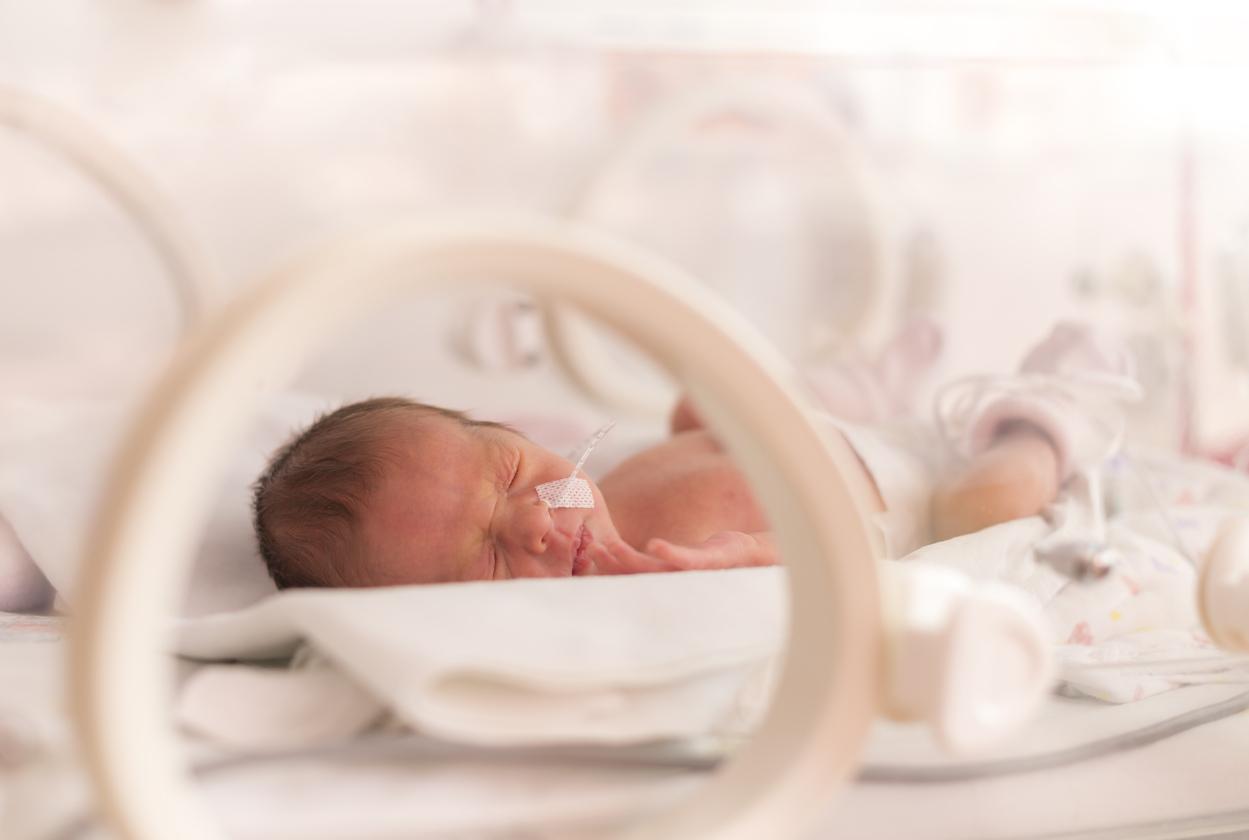In all of the countries that have introduced an anti-smoking law, the effects on children’s health were felt as early as the first year after the law was introduced. This is what emerges from a Dutch study, conducted by researchers at Maastricht University, analyzed data from eleven studies carried out in North America and Europe.
Dr Jasper Been and his colleagues reviewed more than 2.5 million births and some 250,000 hospitalizations of children for asthma between 2008 and 2013. It appears that anti-smoking measures have reduced by 10 % premature births and hospitalizations of children for asthma.
Several studies have already shown that passive smoking increases the risk of hospitalization for respiratory problems in children and increases the risk of miscarriage or premature birth in pregnant women. This time, the numbers are there to prove it.
“Our study provides evidence that smoking bans have significant benefits for perinatal and child health,” insists Dr Been. These anti-smoking measures are also good for the financial health of states since, according to a financial analysis accompanying the medical study, “the savings made each year thanks to the 10% reduction in hospitalizations can be estimated at 5 billion dollars. euros in Europe and the United States “.
















